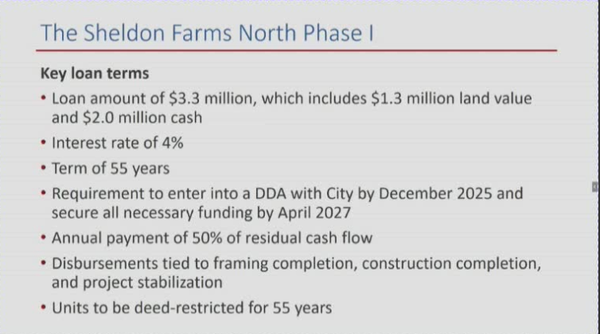The Connection Between Your Heart and Kidneys

(Family Features) While people may think about heart disease and kidney disease as two different health problems, there are many links between them.
Kidney disease affects roughly 1 in 7 (15%) American adults, according to the American Kidney Fund.
Having chronic kidney disease (CKD) means that you’re more likely to get heart disease. The reverse is also true: Heart disease can cause CKD. In fact, heart disease is the leading cause of death among people on dialysis, which is a life-saving treatment for people in kidney failure.
To learn more about the link between kidney disease and your heart, consider these facts from the American Kidney Fund:
Your heart and kidneys rely on each other to function well. When you have kidney disease, your heart must pump harder to get blood to your kidneys, which can cause stress on your heart. This extra stress can eventually lead to heart disease. Additionally, if your kidneys are damaged, they can’t filter blood as well as they should, leaving extra fluid and waste in your blood, which can damage other organs – including your heart.
When you have heart disease, your heart cannot pump blood through your body as well as it should. Heart disease includes heart or blood vessel problems such as coronary artery disease, blood clots, heart attacks or problems with your heart’s muscles, valves or heartbeat. Your heart makes up for this by holding onto more salt and water, putting pressure on your veins. This extra pressure on your veins can ultimately damage your kidneys, leading to kidney disease.
Kidneys help regulate blood pressure and create red blood cells. In addition to filtering blood, healthy kidneys also produce a hormone that helps regulate your blood pressure. The kidneys also produce erythropoietin, which signals the body to make more red blood cells to carry oxygen through your body. When the kidneys can’t make erythropoietin, it can lead to anemia and heart problems.
Potassium plays a major role in kidney and heart health. Potassium controls muscle contractions, including those in the heart. Unbalanced potassium levels can lead to risk of heart disease or heart failure – the most fatal heart issues associated with kidney disease.
Patients with kidney disease, including those not yet on dialysis, can have issues with potassium. The loss of kidney function can result in the inability to filter potassium. When this happens, it causes extra potassium in the body, a condition known as hyperkalemia, or high potassium. Hyperkalemia often does not cause symptoms until heart health has already worsened and can lead to a heart attack if not diagnosed and treated.
Many patients discover they have high potassium due to a minor heart issue, but the chronic condition must be treated continuously through medicines called potassium binders. The medicine works by sticking to the potassium in your body, which is then removed through feces. This prevents some of it from being taken into your blood and building up.
Prevention of both heart and kidney disease starts with preventing and managing the conditions that cause them. Keeping diabetes, high blood pressure and anemia under control can help prevent them from getting to the point of causing kidney or heart disease. When found early, you can manage the conditions through lifestyle changes, such as:
- Following a kidney-friendly and heart-healthy eating plan
- Being active daily
- Avoiding use of tobacco products
- Lowering stress levels
For more information on the kidney-heart connection, especially potassium in the body, talk to your doctor and visit KidneyFund.org/BeyondBananas, an education campaign from the American Kidney Fund and AstraZeneca.
Photo courtesy of Getty Images
SOURCE:
American Kidney Fund



